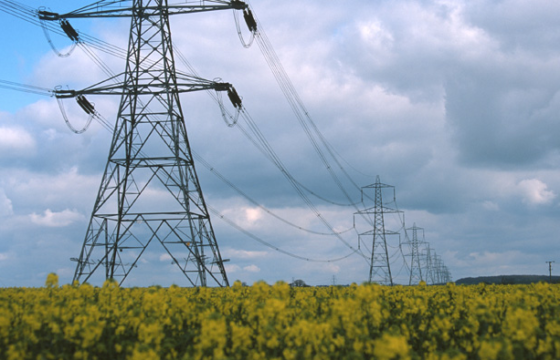Is the Caribbean Community in Danger of Collapsing?
What are Caricom’s greatest achievements? Could closer integration benefit the region and, if so, what steps would have to be taken to achieve it?
Electric mobility is gaining ground globally as technology costs fall, awareness is improved, and policies are increasingly aligned with environmental goals. Caribbean nations are well positioned to reap the benefits of electric mobility, concluded panelists at an event hosted by the Inter-American Dialogue and New Energy Events, in collaboration with the Inter-American Development Bank and the Organization of American States.
The unique conditions of Caribbean islands allows them to benefit from EV uptake. Caribbean nations are generally small, meaning range anxiety (the fear that the vehicle has insufficient charge to reach its final destination) is not usually a major concern. These countries are also heavily dependent on oil imports, which makes fuel expensive and vulnerable to price fluctuations, but also have significant renewable energy potential. As a result, increased use of EVs powered by renewables could reduce dependence on oil and mitigate climate emissions. Additionally, EV batteries can be used as a source of energy storage in the case of a natural disaster, which is particularly advantageous to Caribbean nations, as they are vulnerable to hurricanes.
[caption id="attachment_88918" align="alignleft" width="300"] (L-R) Kathrin Bimesdörfer, Guillermo Areas, Lorraine Akiba, and John Halliwell discuss countries leading the charge for electric mobility uptake.[/caption]
(L-R) Kathrin Bimesdörfer, Guillermo Areas, Lorraine Akiba, and John Halliwell discuss countries leading the charge for electric mobility uptake.[/caption]
Panelists examined EV uptake in particular Caribbean nations, starting with the undisputed leader, Barbados. The first panel looked at the lessons learned from multi-stakeholder collaboration in the country, which has a share of electric car sales greater than that of more developed countries like Canada. The relatively large share of electric cars on the road is the result of government efforts, as well as those from private stakeholders such as Megapower, an importer based in Barbados. The firm credits its success in Barbados to a variety of factors including high public awareness, robust charging infrastructure, and collaborative efforts among various stakeholders.
Bermuda is another country that has untapped potential for EV uptake. Policies are also aligned to favorable public perception and awareness- the country reduced duties to 0 percent for EVs and mandates that one parking spot out of every 10 is reserved for EVs. Since 60 percent of Bermuda’s bus fleet is at or beyond its shelf life, the country is facing an auspicious moment to electrify their fleet. The adoption of EVs in a public fleet gives the public an opportunity to see them in action. Private EV uptake, however, still faces barriers like high cost and limited selection.
[caption id="attachment_88921" align="alignright" width="300"] Participants included Caribbean transport and energy ministers, utility CEOs, investors, auto industry representatives, and electric mobility experts.[/caption]
Participants included Caribbean transport and energy ministers, utility CEOs, investors, auto industry representatives, and electric mobility experts.[/caption]
Another major hurdle that some countries face is the lack of charging infrastructure and low levels of public awareness. In the Cayman Islands, there are only about 20 chargers, and not a single supercharging station, meaning it takes six hours to charge an EV. A lack of consumer awareness has also stymied the technology’s penetration in the country. There are numerous steps the government of the Cayman Islands and other stakeholders could take to encourage EV usage.
While EV uptake is on the rise, stakeholders, including governments and private sector businesses, must continue to be fully engaged in order to surmount existing barriers. Stakeholders should help build consumer awareness, and governments should find ways to seize opportunities such as fleet electrification. With an increased focus on sustainable development, along with coordinated engagement across sectors, Caribbean nations can benefit from the environmental and energy security benefits offered by electric mobility.
See all events and publications related to the Dialogue’s Latin America Clean Transport Initiative.


What are Caricom’s greatest achievements? Could closer integration benefit the region and, if so, what steps would have to be taken to achieve it?
High electricity costs are a critical impediment to economic growth and competitiveness in Central America and the Caribbean.
Given their close proximity to the United States, LAC countries are well-positioned to capitalize on the surplus of US gas exports and current buyer’s market.
 Lisa Viscidi / IAD
Lisa Viscidi / IAD
 Video
Video
